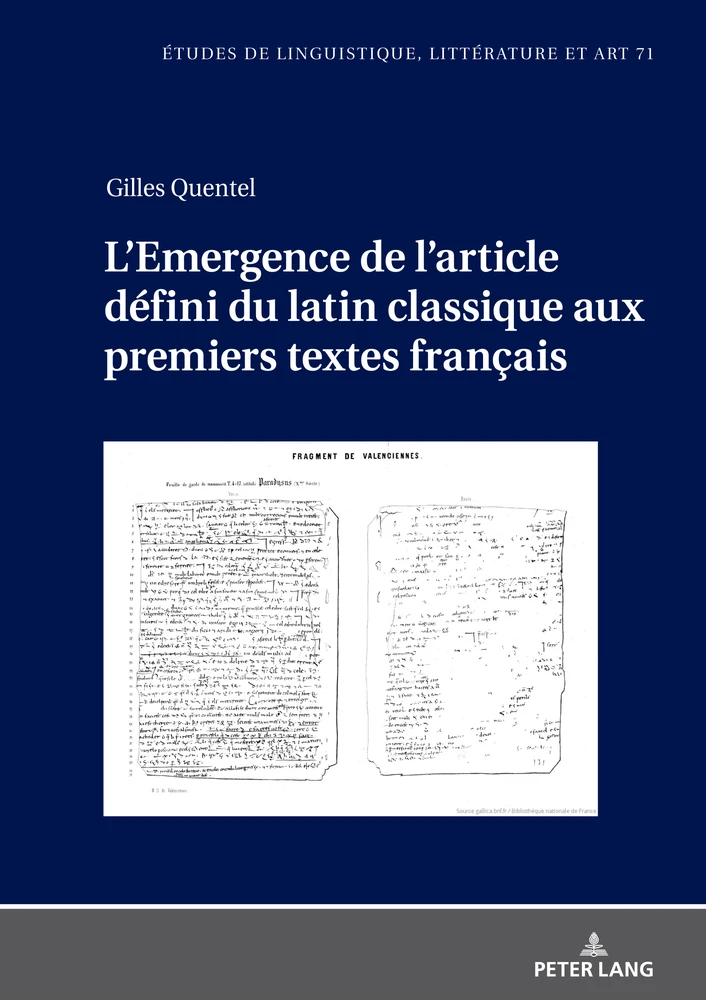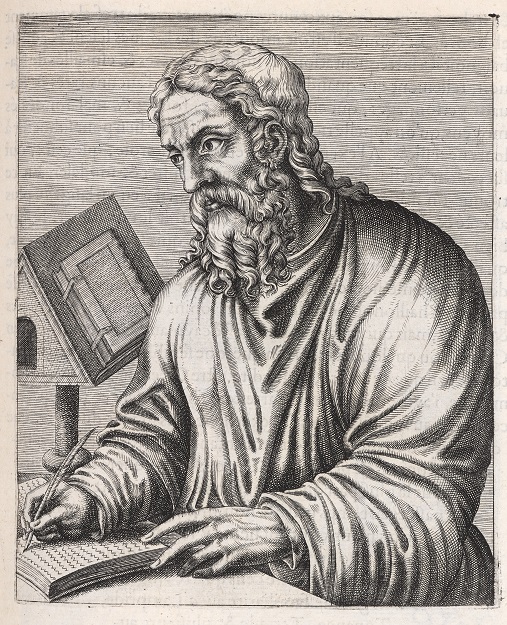Gilles Quentel published L’Émergence de l’article défini du latin classique aux premiers textes français, Études de linguistique, littérature et art 71, Berlin: Peter Lang, 2025.
Here is to the publisher’s catalogue. Section 3.2.1 ‘Sidoine Apollinaire: Epistulae‘
Yesterday, 8 October, Harm Pinkster, trailblazer and standard bearer of the Amsterdam school of linguistics, was knighted in the Order of the Netherlands Lion for his exceptional merits for Latin literature and linguistics. He received the award at the hands of the Deputy Mayor of Amsterdam, Simone Kukenheim, during the presentation of the second volume of his magnum opus, the Oxford Latin Syntax.
Read news item
The 14th International Colloquium on Late and Vulgar Latin (Latin vulgaire – latin tardif XIV) will be held at the Faculty of Arts and Philosophy of Ghent University (Belgium) from Monday, August 31st to Friday, September 4th, 2020. It will be organized by the Latin section and the research group DiaLing at the Department of Linguistics.
The colloquia Latin vulgaire – latin tardif have been organised regularly since 1985. After Pécs (1985), Bologna (1988), Innsbruck (1991), Caen (1994), Heidelberg (1997), Helsinki (2000), Sevilla (2003), Oxford (2006), Lyon (2009), Bergamo (2012), Oviedo (2014), Uppsala (2016), and Budapest (2018), the 14th edition will be held in Ghent.
The meetings are organized under the auspices of the Comité international pour l’étude du latin vulgaire et tardif.
Conference scope
The colloquium will be held in English, French, German, Spanish, Italian and Latin. As per tradition, it will be devoted to all linguistic aspects of late, informal, non-standard and colloquial Latin (including the transition from Latin to Romance).
Papers will be limited to 20 minutes followed by 10 minutes discussion. A peer-reviewed selection of papers will be published in one or two volumes (the choice of the editor is still to be made).
A workshop on the language of Latin inscriptions and curse tablets is already scheduled and, if there is sufficient interest, one or two further workshops on relevant topics can be arranged.
Elena Litovchenko, Nikolay Bolgov and others gave a paper at a conference of applied linguistics in St Petersburg last July, entitled ‘Sidonius Apollinaris as a Flexible Thinking Person of Fifth-Century Gaul’. It is now available online.



